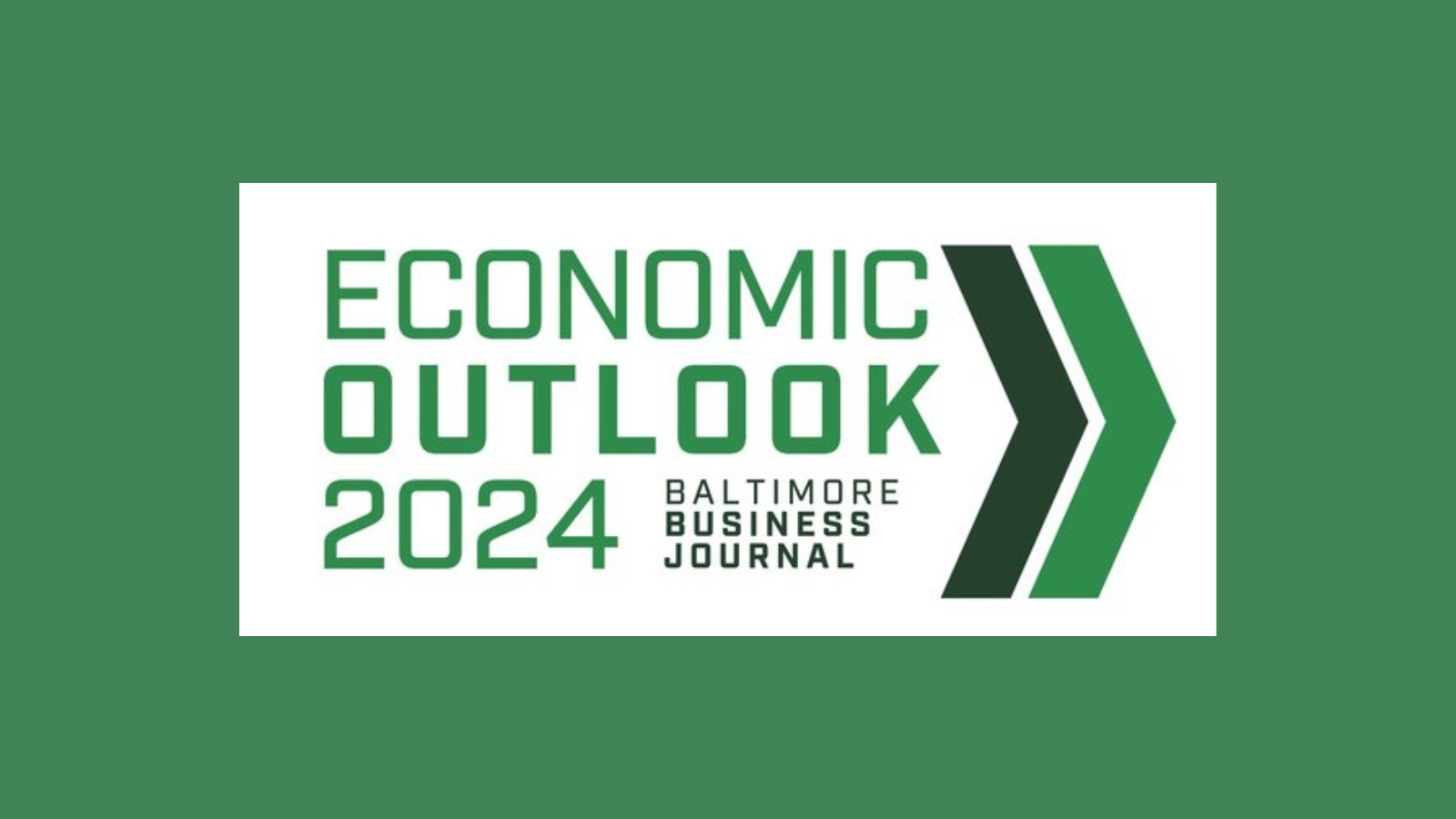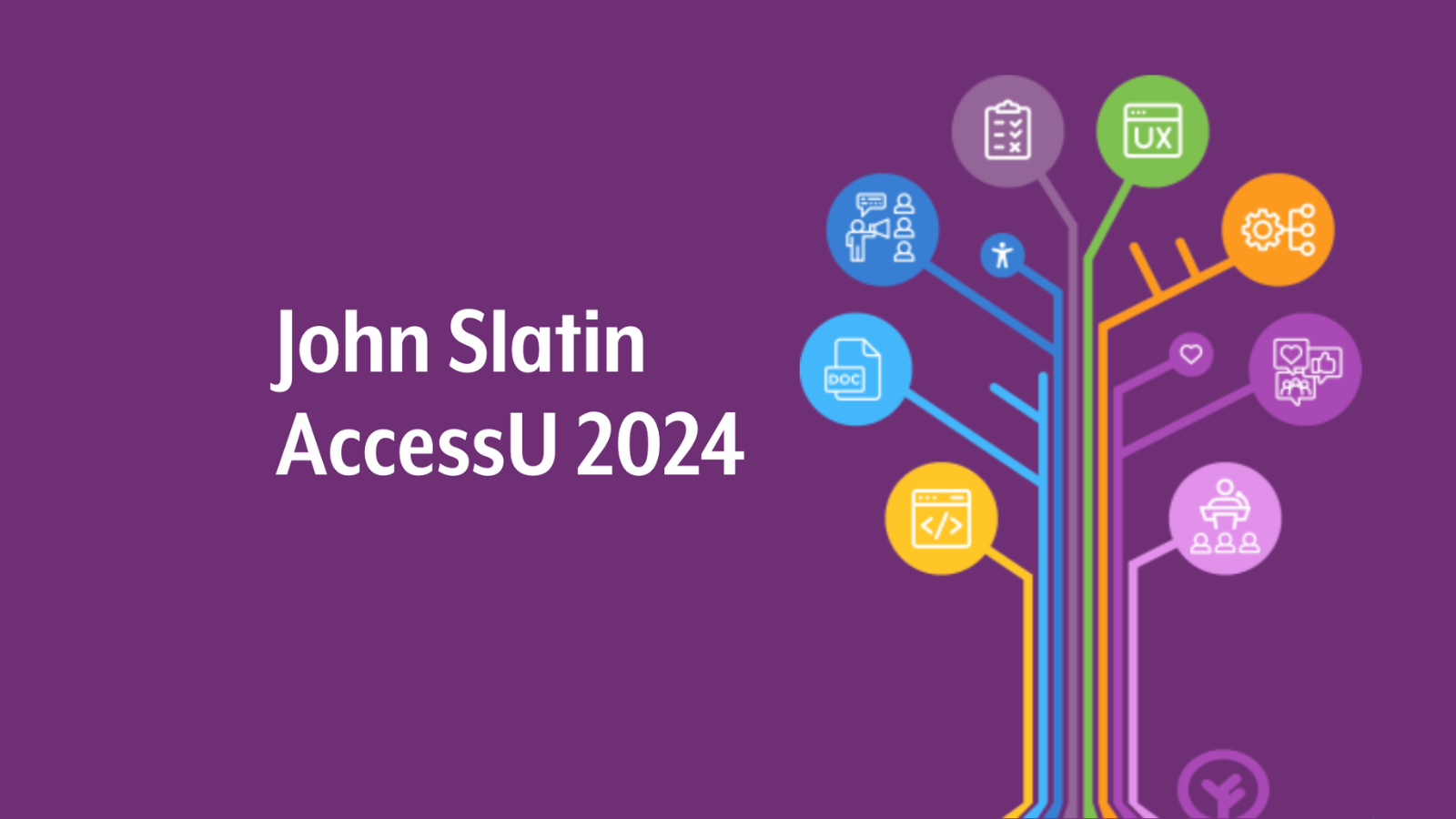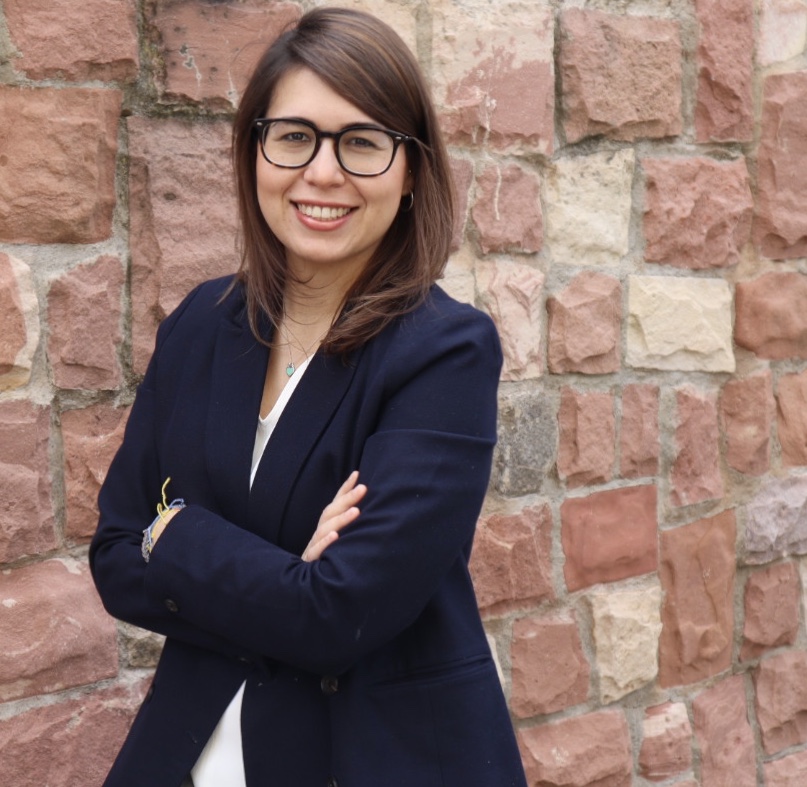ALLEA Assertion in Help of Secondary Publication Rights for Scholarly Articles – Cyber Tech
The European Federation of Academies of Sciences and Humanities (ALLEA) has for a few years supported the transfer away from proprietary fashions of scholarly publishing in the direction of Open Entry (OA).[1] ALLEA, due to this fact, welcomes the popularity within the legal guidelines of an growing variety of European international locations of so-called ‘Secondary Publication Rights’ (SPRs) that permit publicly funded researchers to make their revealed articles out there on institutional web sites and non-profit on-line repositories, no matter persistent contractual practices that require authors to switch their copyrights to industrial publishers. SPRs are proving to be sturdy enablers of OA to publicly funded analysis output, with out the extreme prices related to Gold OA fashions. ALLEA due to this fact calls upon the European Union (EU) to provoke harmonising laws that will accord SPRs to scientific researchers in all 27 Member States of the EU.
Secondary Publication Rights as Enablers of (Inexperienced) Open Entry
SPRs are rights beneath copyright regulation that permit authors of publicly funded scientific analysis to put up their revealed works on institutional web sites and repositories, with out the necessity for permission from the publishers that usually personal the copyrights. First launched in Germany in 2014, SPRs at the moment exist in six Member States of the EU: Germany, the Netherlands, Austria, France, Belgium, and most lately, Bulgaria.[2] A legislative proposal to introduce SPRs in Italy is pending.[3] SPRs replicate the age-old observe of circulating scientific writings in parallel to formal publication in educational journals. Though nationwide guidelines fluctuate, all the present SPR-regimes allow scientific articles which can be the results of (absolutely or partially) publicly funded analysis to be shared on-line by their authors for non-profit functions, usually following an embargo interval.
As a current research carried out for the European Fee reveals, researchers and research-performing organisations in international locations the place SPRs are operational expertise these new rights as essential devices in attaining OA by permitting publicly funded works to be made extensively out there on-line, with no prices incurred by the analysis neighborhood; that is in stark distinction to the hefty Article Processing Prices (APCs) that Gold OA fashions generally require.[4] Whereas SPRs don’t safe the identical advantages because the Gold OA Mannequin, they do allow unrestricted entry to the merchandise of publicly funded analysis output at zero price to researchers, analysis establishments, journalists, policymakers, and members of most people.
Analysis establishments can additional construct on SPRs by creating insurance policies that increase consciousness and encourage researchers to publish outputs in repositories. For instance, within the Netherlands a number of universities have launched an institutional ‘opt-out’ mannequin, the place the college’s analysis output is archived in repositories by default – until authors expressly choose out.[5]
Along with fostering broad dissemination of publicly funded analysis, SPRs will help research-performing organisations decrease the ever-growing prices of buying scientific publications or acquiring on-line entry to the databases of business publishers. In lots of circumstances, non-profit repositories that maintain variations of revealed articles present satisfactory substitutes to proprietary scientific publication platforms. SPRs could due to this fact make research-performing organisations much less depending on more and more costly industrial subscription bundles.[6]
Want for a Harmonised Method in Europe
As research carried out for the European Fee illustrate,[7] the introduction of SPRs has clear advantages for the analysis neighborhood and is a vital enabler of Inexperienced OA insurance policies. These research, nevertheless, additionally level out that the effectiveness of SPRs is hampered by the range of present guidelines throughout Europe. Whereas some Member States, comparable to Germany and France, have launched SPRs lately, different international locations are nonetheless hesitant or awaiting an EU-led initiative.
In these six Member States the place SPRs do exist, the foundations concerning the situations and scope of the fitting fluctuate significantly. For instance, whereas some international locations restrict the SPR to the Creator Accepted Manuscript (AAM), i.e., the ultimate model of the article submitted to the writer, the legal guidelines in different international locations additionally lengthen to the printed model, the so-called Model of Document (VoR). Guidelines additionally differ with regard to the embargo intervals imposed on researchers that want to share their publications, with home windows starting from zero to 12 months.[8] In all international locations the place they exist, the SPR applies to analysis that’s absolutely or partially funded by public sources, with a number of EU Member States setting the edge at 50%. In most international locations, the fitting is proscribed to scientific articles revealed in periodicals, however standards establishing what constitutes a ‘periodical’ fluctuate extensively. Monographs, scholarly books, and different one-off publications are sometimes excluded.
These variations in nationwide regimes make it onerous for researchers which can be a part of European analysis collaborations and networks to profit from the SPRs accorded to them beneath nationwide legal guidelines. Moreover, nationwide variations additionally have an effect on authorized certainty and transparency, and thus complicate elevating consciousness among the many scientific neighborhood in Europe.
ALLEA due to this fact endorses the conclusions of current research and requires actions,[9] which encourage the EU to determine harmonised guidelines that will make SPRs apply uniformly throughout the complete bloc. ALLEA requests the brand new European Fee to prioritise this in its legislative agenda.
In doing so, the EU would take an essential step in the direction of operationalising the 2018 European Fee Advice on making scientific publications ensuing from publicly funded analysis out there by way of OA by 2020, specifically, that entry to scientific publications “be granted as quickly as doable, ideally on the time of publication, and in any case no later than six months after the date of publication (no later than 12 months for social sciences and humanities)”.[10]
Contours of a Harmonised SPR
ALLEA recommends that an EU-wide harmonised SPR be formed as follows:
Subject material
The SPR ought to apply to all revealed scientific articles, research, dissertations, stories, and convention proceedings, insofar as these are the product of analysis that’s publicly funded, immediately or not directly, by not less than 50%. Observe that this would come with all analysis outputs produced by researchers employed in state-funded universities and analysis establishments.
Embargo
With the accelerated tempo of scientific output and the necessity to adequately reply to right this moment’s societal challenges, embargo intervals are usually pointless impediments to the well timed dissemination of publicly funded analysis. Preprint and AAM variations ought to due to this fact be instantly out there for posting with out embargo. Nevertheless, to permit publishers to recoup investments in journal publication, a brief (e.g., three-month) embargo interval from the date of formal publication to posting of VoRs could possibly be justified. An embargo interval may be justified with regard to publication merchandise that require extra substantial writer funding, comparable to edited convention proceedings, commentaries, and the like.
Authorised use
A harmonised SPR ought to permit authors to put up their analysis in a wide range of appropriate fora that don’t immediately compete with the unique writer, together with non-profit repositories, institutional and college web sites, private internet pages, and social media.
Binding nature
The SPR ought to apply whatever the copyright possession of the publication, or of any contractual restriction within the publishing settlement. The SPR of EU-based researchers ought to apply even when the publishing contract designates the regulation of a non-EU nation as relevant regulation. In different phrases, publishers shouldn’t be in a position to stop EU authors from exercising their SPR.
Different situations
In all circumstances, authors needs to be obliged to duly point out the supply of first formal publication.
About ALLEA
ALLEA is the European Federation of Academies of Sciences and Humanities, representing greater than 50 academies from about 40 international locations in Europe. Since its basis in 1994, ALLEA speaks out on behalf of its members on European and worldwide levels, promotes science as a world public good, and facilitates scientific collaboration throughout borders and disciplines. Be taught extra right here.
About this Assertion
This ALLEA assertion has been ready by the ALLEA Everlasting Working Group on Mental Property Rights (PWGIPR), with Prof P. Bernt Hugenholtz as principal writer. By means of its working teams and skilled activity forces, ALLEA offers enter on behalf of European academies to urgent societal, scientific, and science-policy debates, and their underlying legislations. With its work, ALLEA seeks to make sure that science and analysis in Europe can excel and serve the pursuits of society.
Quotation: For quotation functions, please use the next: ALLEA. (2024). “ALLEA Assertion on early studying alternatives for shaping a scientifically literate society”. DOI:10.26356/ALLEA-SPRS-STATEMENT
Licence: This work is licensed beneath the phrases of the Artistic Commons Attribution licence, which allows unrestricted use, offered the unique writer and supply are cited (CC BY 4.0). The detailed licence phrases can be found at
[1] See ALLEA statements, “ALLEA response to Plan S” (2018), “Moral Points of Open Entry: A Windy Highway” (2018), and “ALLEA Assertion on Open Entry Publication beneath “Large Offers” and the New Copyright Guidelines” (2022).
[2] European Fee: Directorate-Basic for Analysis and Innovation, Enhancing entry to and reuse of analysis outcomes, publications and information for scientific functions: research to judge the consequences of the EU copyright framework on analysis and the consequences of potential interventions and to determine and current related provisions for analysis in EU information and digital laws, with a give attention to rights and obligations, (Publications Workplace of the European Union, 2024). Obtainable from: https://doi.org/10.2777/633395; [accessed on 09/10/2024]
[3] Caso, Roberto & Dore, Giulia, Tutorial copyright, open entry and the “ethical” second publication proper (2021). Obtainable from: https://doi.org/10.5281/zenodo.5764841; [accessed on 09/10/2024]
[4] See reference 2, EC DG RTD, Enhancing entry to and reuse of analysis outcomes, publications and information for scientific functions, p.84. See additionally “ALLEA Assertion on Open Entry Publication beneath “Large Offers” and the New Copyright Guidelines” (2022).
[5] Radboud College, ‘Decide-out process open entry’, Radboud College (2024). Obtainable from: https://www.ru.nl/en/workers/researchers/publishing-research/open-access-publishing/automatic-publication-after-6-months/opt-out-procedure-open-access; [accessed on 09/10/2024]
[6] SPARC, ‘Unbundling profile: MIT Libraries’, SPARC (2024). Obtainable from: https://sparcopen.org/our-work/big-deal-knowledge-base/unbundling-profiles/mit-libraries/; [accessed on 09/10/2024]
[7] See reference 2, EC DG RTD, Enhancing entry to and reuse of analysis outcomes, publications and information for scientific functions; European Fee: Directorate-Basic for Analysis and Innovation and Angelopoulos, Christina, Examine on EU copyright and associated rights and entry to and reuse of scientific publications, together with open entry – Exceptions and limitations, rights retention methods and the secondary publication proper, (Publications Workplace of the European Union, 2022). Obtainable from: https://information.europa.eu/doi/10.2777/891665; [accessed on 09/10/2024]
[8] See Desk 4 in reference 2, EC DG RTD, Enhancing entry to and reuse of analysis outcomes, publications and information for scientific functions, pp.61-62.
[9] See research talked about in references 2, EC DG RTD, Enhancing entry to and reuse of analysis outcomes, publications and information for scientific functions, and reference 7, EC DG RTD and Angelopoulos, C., Examine on EU copyright and associated rights and entry to and reuse of scientific publications, together with open entry;Data Rights 21, A Place Assertion from Data Rights 21 on Secondary Publishing Rights (2022). Obtainable from: https://www.knowledgerights21.org/wp-content/uploads/2022/10/Secondary-Publishing-Rights-Place-Paper.pdf; [accessed on 09/10/2024]
[10] European Fee, ‘Fee Advice (EU) 2018/790 of 25 April 2018 on entry to and preservation of scientific info’, Official Journal of the European Union (2018). Obtainable from: https://eur-lex.europa.eu/eli/reco/2018/790/oj; [accessed on 09/10/2024]



